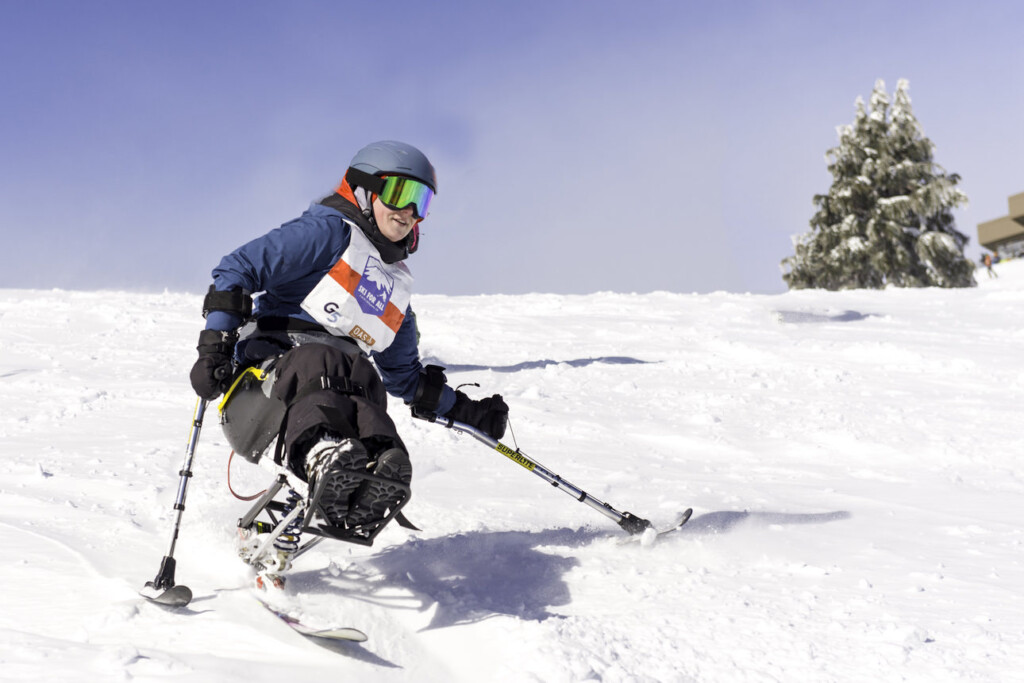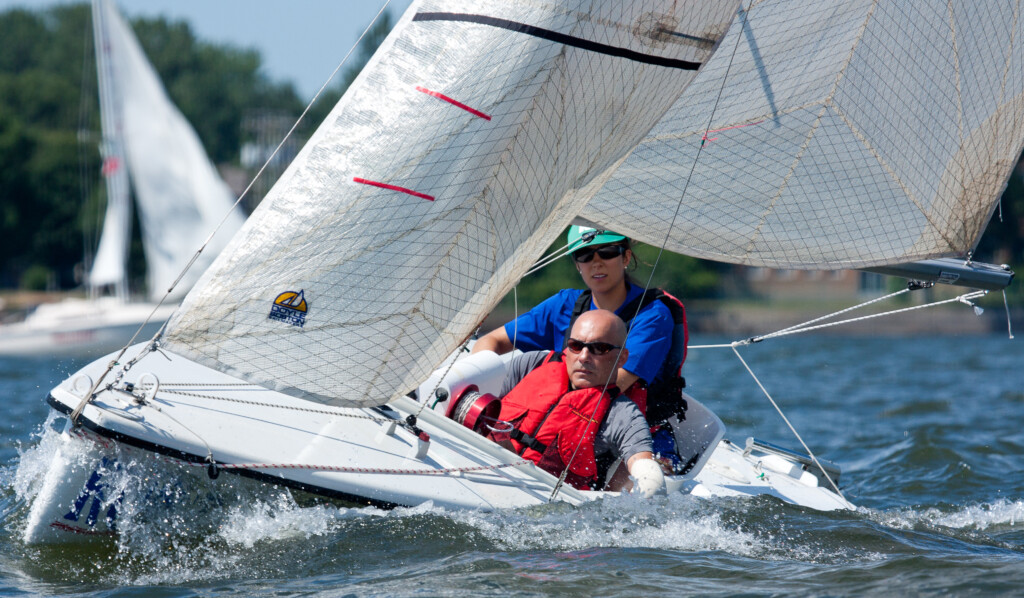SCRI Plenary: Towards the Development of a Coach Mentorship Training Program in Parasport
Sport participation for individuals with disabilities
Sports offer numerous physical and mental health benefits for individuals with disabilities; however, many remain inactive despite these advantages. The health benefits of sports participation across various disability groups include socialization opportunities and enjoyment, highlighting the positive aspects of sports participation.
Media visibility and representation of Paralympic athletes
Media often doesn’t accurately depict people with disabilities, perpetuating stereotypes and hindering their inclusion. This study examines how Spain’s National Broadcaster covered the Paralympic Games, aiming to understand how media representation influences perceptions of disability.
Sport participation for individuals with disabilities
Sports offer numerous physical and mental health benefits for individuals with disabilities; however, many remain inactive despite these advantages. The health benefits of sports participation across various disability groups include socialization opportunities and enjoyment, highlighting the positive aspects of sports participation.
Improving Para sport through coaching
Ensuring equitable access and quality experiences for disabled people in sport is an ongoing challenge. Well trained coaches are crucial for delivering good opportunities, especially in Para sport. They play a key role in helping disabled individuals achieve important sporting and social goals.
Participating in leisure-time physical activities (LTPA) contributes to the well-being of people with disabilities

Participating in leisure-time physical activities (LTPA) can boost the well-being of people with disabilities. Unfortunately, they often participate in these activities less than others, especially during winter due to environmental barriers and limited programs. Taking part in adaptive snowsports like skiing or snowboarding can help people with disabilities stay active in the winter. We aimed…
Disability sport post COVID-19
COVID-19, a major epidemic, has profoundly affected people’s lives globally. A recent study explores its impact on disability sport, highlighting 4 key discussions: media coverage during lockdown, promotion of sporting opportunities, thriving inclusion efforts, and the future of community disability sport post-lockdown.
Smooth sailing: The evolution of adaptive equipment in the sport

Brian Cuerrier of Belleville, ON uses the windlass to race at the Quebec Cup regatta in Pointe Claire Quebec with companion Emilie Léonard in 2015. Photo: Luka Bartulovic Innovations in sailing technology A slick white hull cuts through the salt waters just outside the Northwest Arm, a narrow inlet off Halifax, Nova Scotia. The 16-foot…
Para sport coach mentorship
In a Canadian study of mentor and mentee coaches involved in a virtual Para sport coach mentoring program, the mentee-mentor conversations regarding disability-specific knowledge enhanced the mentees’ confidence. This finding highlights not only the importance of effective communication between mentors and mentees, but also the crucial role it plays in mentees’ development.
Psychological skills training program for para athletes
Researchers from the University of Windsor have developed a free, fully accessible, self-paced, online Psychological Skills Training (PST) program, specifically designed for Para athletes. PST has been shown to enhance athlete confidence, motivation, and satisfaction within sport. This program is free for Para athletes to access via www.learnpst.com. Check it out!